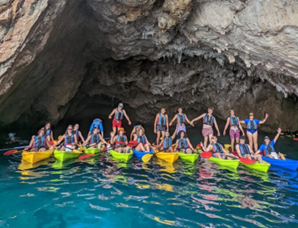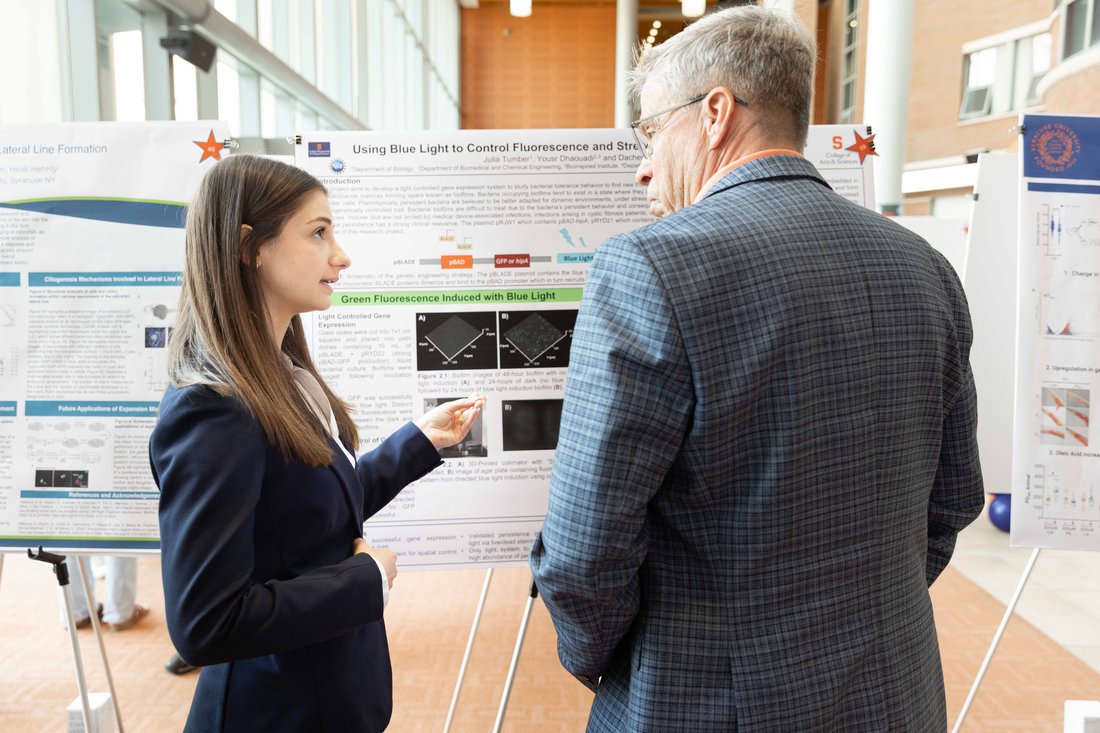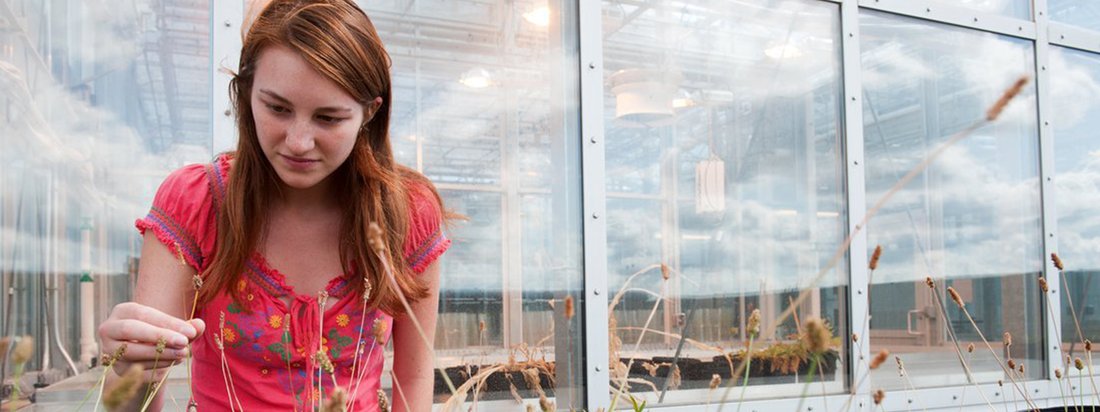
College of Arts and Sciences
Curriculum
Establish a general background in the discipline through a series of first- and second-year core courses that preview the major sub-disciplines of biology. Then, take higher level courses to focus on more advanced material within your more narrow area of interest.
- Recognize and distinguish theories, concepts and principles from the major sub-fields of biology.
- Analyze and synthesize more specific and advanced concepts in selected areas of biology.
- Apply skills in the nature and practice of science.
- Utilize written and oral communication skills relevant to biological sciences.
- Apply quantitative methods to solve problems in the biological sciences.
The B.A. degree is intended for students who wish to pursue technical or science-related careers that do not require a graduate or professional degree, or careers outside of biology in which a background in science may be useful. For example, B.A. students often pursue careers in science writing, business or law. In contrast, the B.S. degree is intended for students interested in graduate study in biological science or the health professions, including medical school, dental school and veterinary school.
- Biology of Cancer
- Animal Communication
- Pharmaceuticals and Cells
- Applied Genomics
- Evolutionary Medicine
Extracurricular Opportunities
Rebecca Lee Pre-Health Society
The Rebecca Lee Pre-Health Society—named after Rebecca Lee Crumpler, the first African American woman in the U.S. to earn an M.D.—is a student organization designed to promote and encourage a diverse group of pre-health students to attend professional health schools, including those for medicine, physician assistant, physical therapy, public health, pharmacy and other health careers. Students from all majors are welcome to join this organization.
Beta Beta Beta Biology Honors Society
Beta Beta Beta (Rho Xi Chapter) is the honors biology society at Syracuse University. This academic society welcomes all students who have an interest in the field of biology, biological research and expanding their scientific network.
Marine Ecology Seminar in Madrid
While studying abroad in Madrid, Spain, biology students often take a special, research-focused seminar on Madrid’s coastal and marine ecosystems and the physiology, behavior and ecology of marine and coastal organisms. As part of the course, students compare coastal management practices between Europe and the north of Africa by traveling along the coast of Spain.

Undergraduate Research Opportunities
As an important part of a student-centered research university, the Department of Biology provides instruction on research and offers its undergraduates opportunities to participate in research. Undergraduate research is important for anyone who is thinking about pursuing graduate work in the biological sciences. Students hold the primary responsibility for initiating research participation with our faculty, so you should directly contact and talk with faculty about the opportunities they can offer to sponsor your research. If you wish to extend your experience beyond campus, you will have the opportunity to conduct research at Upstate Medical University and other nearby research facilities.

Learn more about this program

